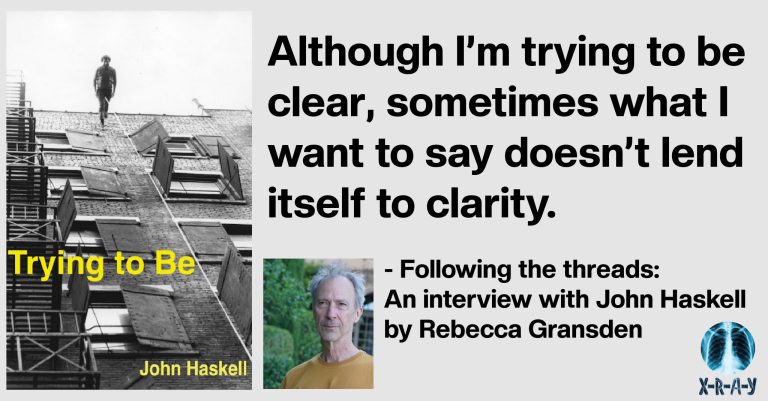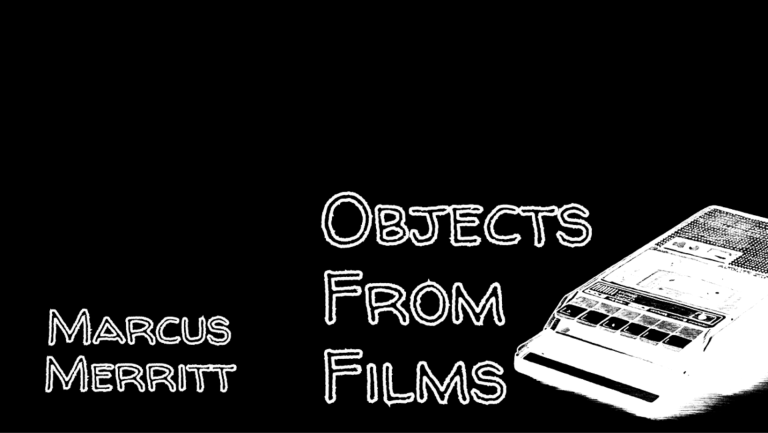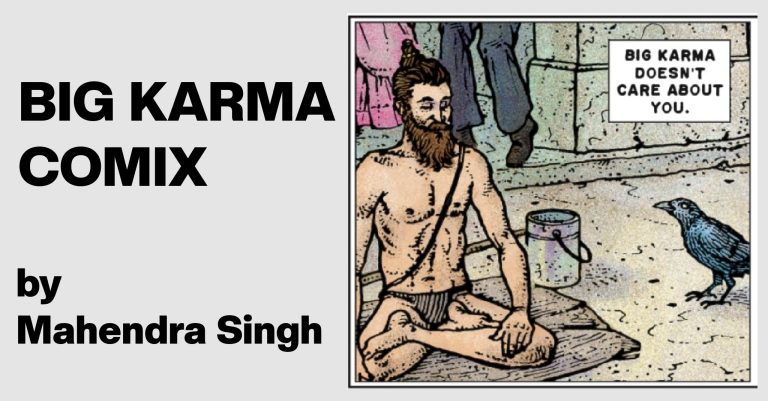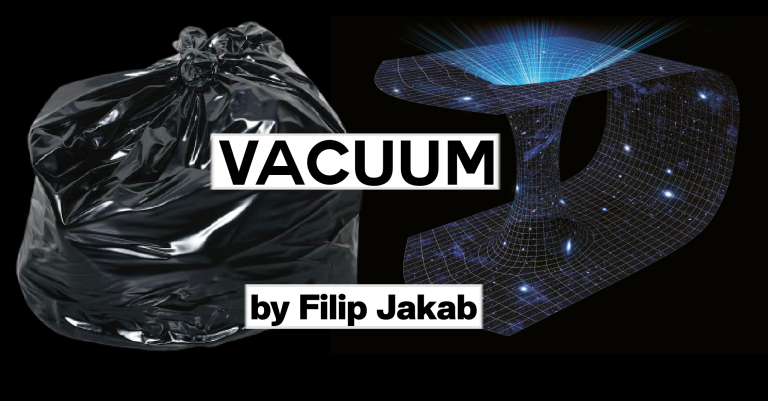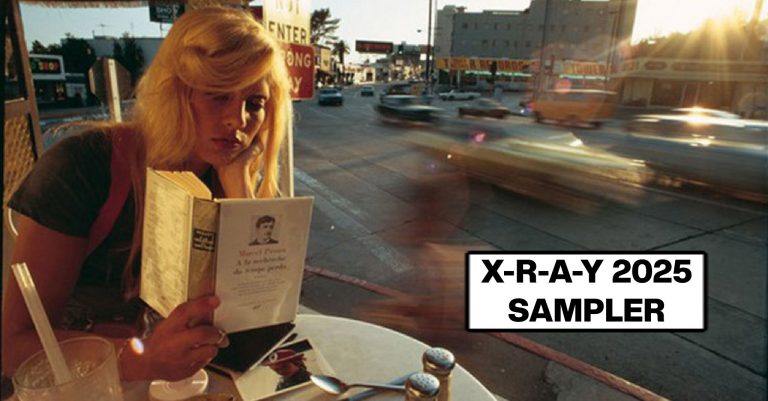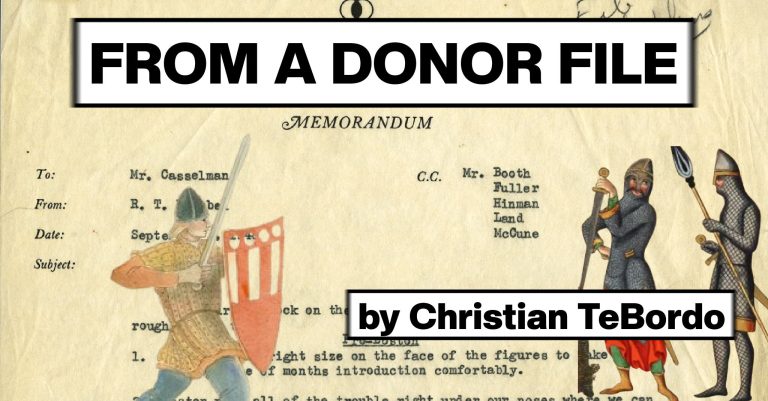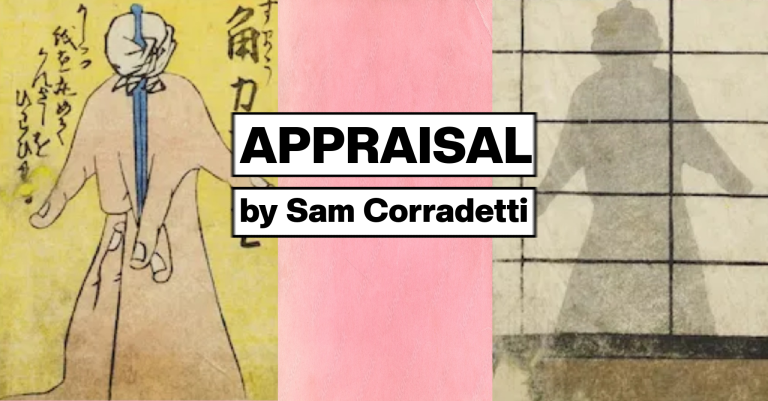
THE HOUSE AT THE EDGE OF THE FOREST BURNS by Timo Teräsahjo
The boy stood barefoot in the snow, staring at the house, a blaze of light in the darkness. It seemed like all there was in the world. The living room window gaped open; green curtains fluttered in the wind, oddly soft and warm. The shouting had stopped. Only the murmur of the spruces remained. He closed his eyes and imagined waves crashing on smooth rocks, the air salted with mist. He was very young, not even ten. His mother had pushed him through the window, and he did not know where to go. The front door banged open. His father

